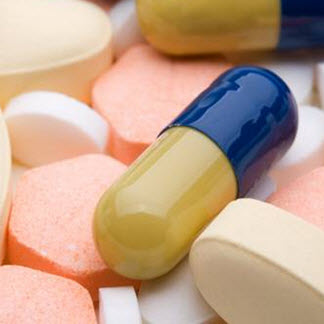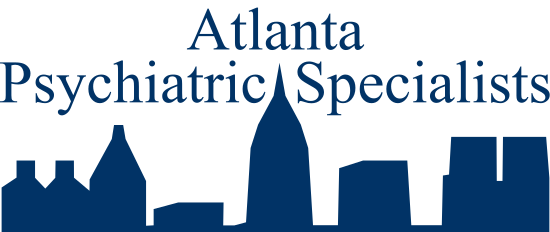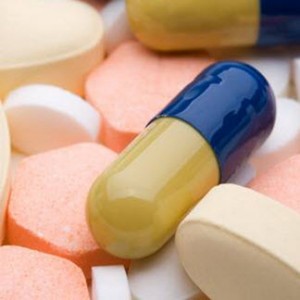Suboxone in Private
Why see us?
Because you want to get your life back on track. Because I listen to you and answer your questions. Our goal is to help you regain control and return to normal functioning. You have problems with medications, with opioids, with sleep, with energy. The goal is to have a quality of life that pleases you without the daily worries about getting what you need to feel OK. I help you decide whether Suboxone is right and whether you should use it very briefly, short term, or long term.
(Note: “Suboxone” is shorthand for all buprenorphine-containing products (like Kleenex is for various tissues). Suboxone is a trade name for the combination of buprenorphine and naloxone. Other trade names are Bunavail and Zubsolv. Subutex was a trade name for tablets containing buprenorphine by itself. The terms “subs” and “bupe” are commonly used. Buprenorphine is a partial agonist with high affinity for the mu opioid brain receptor=buprenorphine attaches like glue to the pain/pleasure areas and takes care of craving, but it does not turn the faucet on fully and therefore doesn’t lead to a “high” or to needing more and more of itself over time.)

Our patients: Most of our patients have opioid use problems that began inadvertently or accidentally:
- medically prescribed pain medicines that became habitual and can’t easily be stopped.
- medication for pain or fatigue that was borrowed or shared by friends or relatives who thought they were being helpful.
- exercise-induced pain, headache, back pain- all briefly helped by opioids but the cure was worse than the illness.
- the habit of brewing poppy or opioid teas which has become a burden.
- referred by other Suboxone physicians for treatment of complicating additional problems such as insomnia, ADHD, depression, anxiety, OCD.
Who treats me?
Dr. Ross Grumet (M.D.) is Board Certified in Psychiatry by The American Board of Psychiatry and Neurology. He is certified by ASAM (American Society of Addiction Medicine) and is a Life Fellow of the American Psychiatric Association. He maintains membership in the American Academy of Sleep Medicine and the American Society for Clinical Psychopharmacology. He provides medication management (buprenorphine, etc.), counseling, brief therapy, education. referral to other resources.
What happens in treatment?
First I listen to you and find out what help you want, how you have been suffering, what obstacles you face, what questions you have. If you prefer another person to be with you, that may be a good idea. You are evaluated. I answer your questions; give my impression; discuss problems, diagnoses, treatment plans. Typical individual treatment plans may include 1) prescription of medication and instructions, risks, benefits. Recommendations for additional medical studies or consultations. 2) education about how substances affect brain circuits; biological reward systems and their vicissitudes; reducing compulsions. 3) particular attention to sleep, fatigue, low energy. 4) your attitude and opinion (positive or negative) toward various programs or support systems such as motivational enhancement, relapse prevention, mindfulness, CBT, 12 steps, stages of change, religious groups, secular groups, and many many others. I want something that is right for you. We do not prescribe opioids other than buprenorphine. No methadone or hydrocodone or tramadol, etc. We are not a pain clinic.
How frequent are visits?
The first follow-up visit after beginning buprenorphine is usually in a week or less. Further, follow-up visits vary from one week at first and later to two, three, or four weeks when stable and doing well. If you are already taking Suboxone from another prescribing physician, we may continue with your usual schedule. If you are transitioning from methadone, more frequent supervision may be needed at first.
What is the cost?
Go HERE for info on our professional fees.
Privacy.
Some of us prefer maximum confidentiality and discretion, including discrete locations or house calls, and these can be specially arranged. Suboxone In Private is not a clinic but is a private medical psychiatric office. We accept only one new patient per day for SIP. Weekend appointments are available with an additional charge and a $100 advance reservation fee which is then applied to the visit.
Philosophy and other thoughts:
The phrase “substance use disorder” means the use of a substance (drug, chemical, alcohol) that is out of a person’s self-control, has taken over substantial time in that person’s life, and is causing actual harm such as neglect of responsibilities, failure to achieve goals, relationship or job or educational damage, toxicity to the body, and frequent suffering.
We can see the same type of problems with non-substance behaviors such as gambling, pornography, gaming, eating disorders. What all these have in common is that they activate certain brain circuits– actually, they short circuit these brain pathways–and the person feels rapid strong reward or pleasure at first. (See the research of Nora Volkow at NIDA ). Unfortunately, the brain is so constructed that it tends to grow additional receptors that need to be filled to get to this reward/pleasure state, so we compulsively need more and more of the substance or activity to feel as good as we did before.
Many people’s brains fall behind in this chase for reward experience. A key point here is that this is not usually a conscious desire or plan to get high or feel good. It’s more of an automatic activity that subtly takes over without you being aware of it. People speak of substances “highjacking the brain” but it sneaks up on you and you eventually realize that you don’t feel right unless you give in and use this substance or activity more and more. As the brain falls further and further behind, through no fault of its own because that’s the way it is designed, you intermittently lose the basic sense of pleasure and have to use the substance to just keep up, to stay even, to prevent withdrawal symptoms. You end up with basic dysphoria, always on the edge of feeling bad, until relieved intermittently by the substance. This vicious cycle of feeling bad, then feeling good, then feel bad, is often labeled “addiction”.
When something is out of control or out of self-control, this means we (or our brains) do not currently have the resources or tools to call a halt. Your brain is unable to “just say No”. That’s where treatment or self-help or legal consequences come in: they add an additional element or tool or medication or piece of information or social support or threat which helps the brain to deploy additional circuits or inhibitions. Then the brain finds itself recruiting and applying additional circuits which can suppress or inhibit the repetitive compulsions. We can regain self-control since the self has been enlarged.
How to reach us:
- Our scheduling phone is 404-685-9414.
- Our scheduling email is reception@psychiatryatlanta.com
- If you are experiencing any delays, you can use Contact form below, but remember that email can lack confidentiality so be aware. I will be glad to speak with you by phone.
- For emergencies call 911.
Ross F. Grumet, MD

